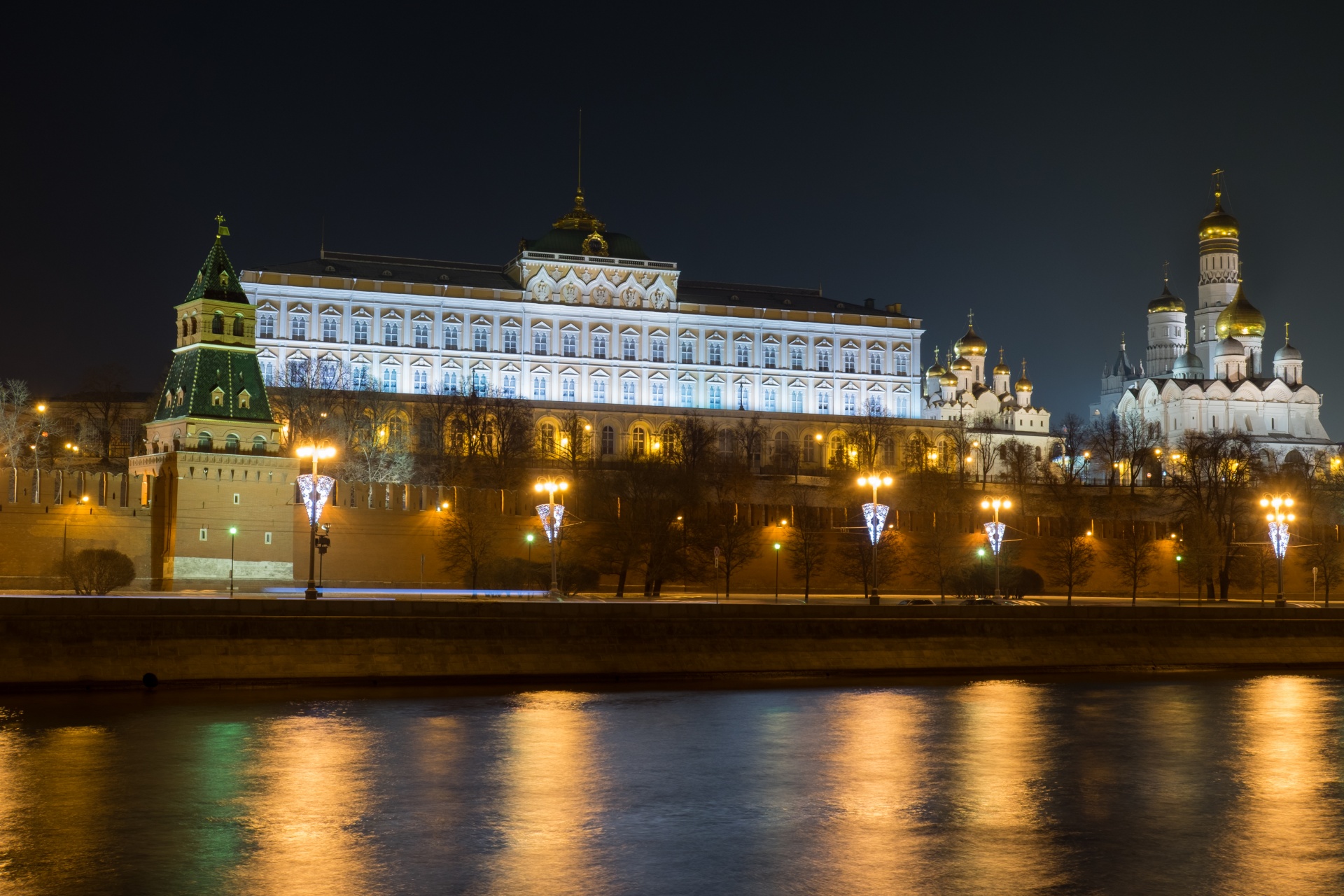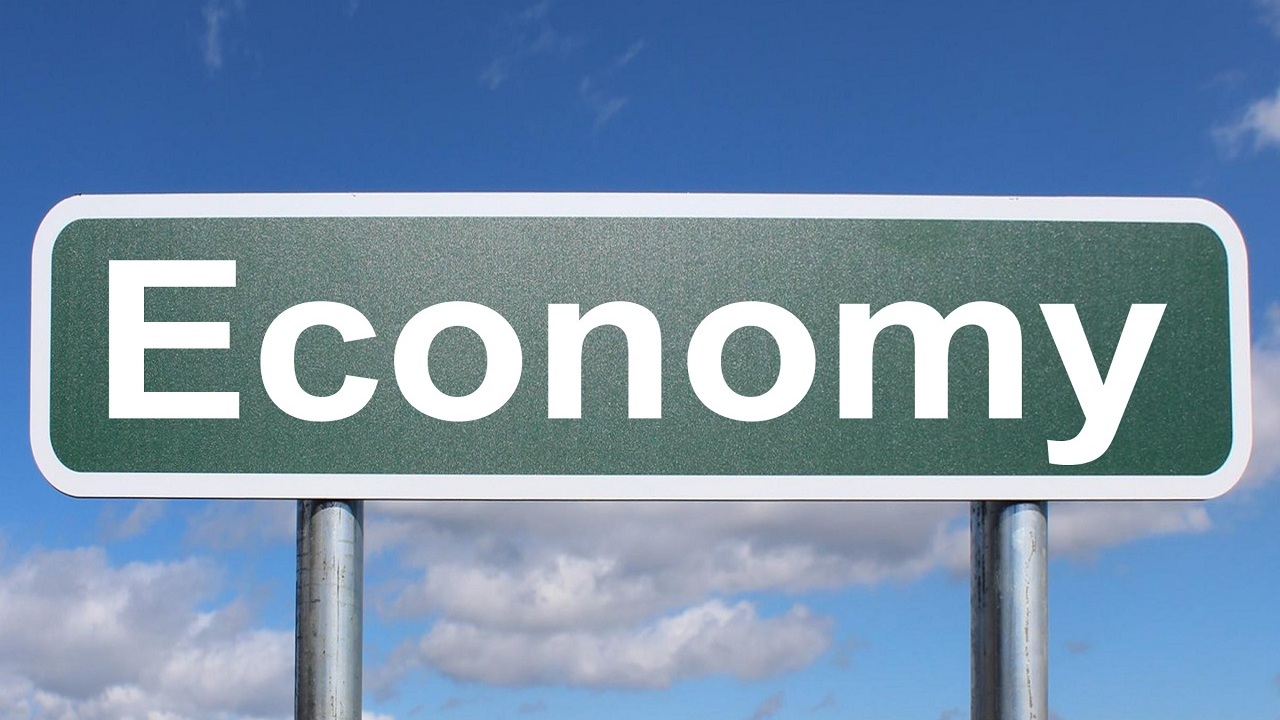Introduction
On January
6, 2021, the world watched in disbelief as a dark chapter unfolded in American
history. The attack on Capitol Hill sent shockwaves through the nation and
reverberated around the globe. Thousands of supporters of then-President Donald
Trump stormed the United States Capitol, leaving a trail of chaos, violence,
and destruction in their wake. This unprecedented event marked a grim moment
for democracy, highlighting the deep divisions within the nation. In this
article, we will delve into the details of the attack on Capitol Hill and
explore its profound implications for American politics.
I. Prelude to the Attack
The seeds of
the attack on Capitol Hill were sown long before that fateful day. Donald
Trump, the 45th President of the United States, had repeatedly claimed without
evidence that the 2020 presidential election had been stolen from him. His
rhetoric, disseminated through social media and public speeches, had created an
atmosphere of distrust among his supporters. As Congress gathered on January 6,
2021, to certify the Electoral College results and officially declare Joe Biden
the winner, tensions were at an all-time high.
II. The Unraveling of Chaos
As the
certification process began inside the Capitol building, a massive crowd of
Trump supporters had amassed on the grounds outside. Trump took to the stage,
addressing his followers and urging them to "fight like hell" to
overturn the election results. His words acted as a catalyst, and a segment of
his supporters, fueled by anger and frustration, decided to take matters into
their own hands.
III. Breach of the Capitol
In a brazen
act of defiance, a mob of pro-Trump extremists broke through the barricades and
overwhelmed the Capitol Police. They breached the iconic building, vandalizing
offices, stealing items, and causing extensive property damage. Members of
Congress were evacuated or forced to take cover as the insurrectionists made
their way through the halls, shouting slogans and waving flags.
IV. Violence and Casualties
The attack
on Capitol Hill was marked by appalling acts of violence. Capitol Police
officers bravely confronted the rioters, but their outnumbered and overwhelmed
presence could not prevent the assault. Tragically, Officer Brian Sicknick lost
his life in the line of duty, succumbing to injuries sustained during the
attack. Several other officers were injured, highlighting the risks faced by
law enforcement personnel during this crisis.
V. The Aftermath and Consequences
The
aftermath of the attack on Capitol Hill was swift and consequential. The nation
recoiled in horror as images and videos of the violence circulated widely.
Outrage spread across party lines, with both Democrats and Republicans
denouncing the assault on democracy. Calls for accountability and justice
resonated throughout the country.
VI. Impeachment, Twice Over
Donald Trump
faced unprecedented consequences for his role in the attack. He became the
first president in U.S. history to be impeached twice by the House of
Representatives. The first impeachment trial, which occurred in 2019, was
related to allegations of abuse of power and obstruction of Congress. The
second impeachment prompted by the events of January 6, 2021, charged Trump
with "incitement of insurrection."
VII. Security Repercussions and Investigations
The attack
on Capitol Hill exposed significant security vulnerabilities within one of the
most symbolically important buildings in the nation. The breach led to a
reevaluation of security measures, and a massive security presence was deployed
to ensure the safety of the presidential inauguration later that month. In
addition, numerous investigations were launched to identify and bring the
perpetrators to justice.
VIII. Reflections on Democracy
The attack
on Capitol Hill forced Americans to confront the fragile nature of democracy
and the importance of upholding democratic values. It served as a wake-up call,
emphasizing the need for greater political unity and a renewed commitment to
the principles that underpin the nation's governance.
IX. The Path Forward
In the
aftermath of the attack, the United States faces a challenging road to recovery
and reconciliation. Rebuilding trust, healing divisions, and addressing the
underlying issues that led to this violent event will be essential for the
nation's future. Holding those responsible accountable and fostering a sense of
national unity will be crucial steps in this healing process.
The attack
on Capitol Hill will forever remain a dark stain on American history, a vivid
reminder of the consequences of political polarization and inflammatory
rhetoric. The assault on democracy shook the nation to its core, but it also
sparked resilience, as Americans united in their commitment to defending the principles
upon which their country was founded. The path forward may be long and arduous,
but with introspection, accountability, and a renewed dedication to democratic
ideals, the United States can emerge stronger from this unprecedented crisis.
Russian Response on Attack on Capitol Hill
I. Initial Russian Response
Following
the attack on Capitol Hill, the initial Russian reaction was relatively
restrained. The Kremlin spokesperson, Dmitry Peskov, stated that the events
were an internal affair of the United States, avoiding any direct criticism or
condemnation. The Russian Foreign Ministry echoed this sentiment, emphasizing
the importance of the rule of law and non-interference in the domestic affairs
of other countries.
II. Accusations of Hypocrisy
However, as
the dust settled and more information emerged about the attack, Russian
officials and state-controlled media outlets seized the opportunity to
criticize the United States. They pointed to the incident as evidence of the
shortcomings and flaws within American democracy, arguing that it revealed the
double standards and hypocrisy of the United States when it comes to promoting
democracy abroad.
III. Comparison to Protests in Russia
Russian
media and officials drew comparisons between the attack on Capitol Hill and the
protests that took place in Russia, particularly the demonstrations following
the arrest of opposition leader Alexei Navalny. The Russian narrative portrayed
the U.S. government's response to the Capitol attack as heavy-handed and called
attention to the alleged suppression of dissent within the United States.
IV. Influence Operations and Disinformation
The attack
on Capitol Hill also provided an opportunity for Russian influence operations
and disinformation campaigns. Russian state-sponsored media outlets and troll
farms amplified conspiracy theories and misinformation surrounding the event,
further exacerbating divisions within the American public and undermining trust
in democratic institutions.
V. Diplomatic Relations and the Biden Administration
The attack
on Capitol Hill strained an already tense relationship between the United
States and Russia. The incoming Biden administration condemned the attack and
expressed concern about Russia's potential involvement in stoking the flames of
discord. The incident became an additional challenge for President Biden's
foreign policy agenda, as he sought to address Russia's aggressive actions in
cyberspace, human rights concerns, and regional conflicts.
VI. Sanctions and Consequences
In response
to the attack on Capitol Hill, the United States imposed a series of sanctions
on Russian individuals and entities deemed responsible for interference in U.S.
elections and malicious cyber activities. These sanctions, coupled with
existing measures in response to Russia's aggression in Ukraine, further
strained diplomatic relations between the two countries.
VII. Future Implications
The attacks
on Capitol Hill and Russia’s response have broader implications for
international relations. It highlights the ongoing information warfare between
nations, with Russia exploiting opportunities to undermine Western democracies.
The incident also underscores the need for the United States to address its
internal challenges to project a stronger image globally and counter Russia's
disinformation efforts effectively.
Russia's
reaction to the attack on Capitol Hill was multifaceted, initially showing
restraint but later capitalizing on the event to criticize the United States
and undermine its democratic standing. The incident further complicated an
already complex relationship between the two nations, straining diplomatic ties
and reinforcing existing tensions. As the United States seeks to address
domestic challenges and promote democratic values globally, it must remain vigilant
in countering disinformation and influence operations from Russia and other
adversaries.
Attack on Capitol Hill consequences on Economy
On January 6, 2021, the world watched in disbelief as the U.S. Capitol was stormed by a mob of individuals, leaving an indelible mark on American democracy. While the immediate consequences of the attack were primarily political, the ripple effects were felt across the economy. This article delves into the multifaceted effects of the attack on Capitol Hill, analyzing its impact on market stability, investor confidence, business disruption, reputation damage, security spending, and economic policy formulation. By examining these aspects, we can gain a comprehensive understanding of the economic ramifications of this unprecedented event.
Market Instability and Investor Confidence
Financial
markets are highly sensitive to political events, as they influence market
sentiment and investor confidence. The attack on Capitol Hill sent shockwaves
through the investment community, causing a temporary bout of market
instability. The breach of the Capitol raised concerns about political
stability, leading to a brief period of increased volatility in stock markets.
Investors, both domestic and international, grappled with the consequences of
the attack, resulting in a dip in investor confidence. Uncertainty prevailed,
and businesses and individuals adopted a cautious approach towards their
investment decisions.
Business Disruption
The physical
breach of the Capitol and subsequent security measures had a significant impact
on businesses operating in the vicinity. The area surrounding Capitol Hill
houses numerous government agencies, law firms, lobbying firms, and other
enterprises that experienced disruptions. Heightened security measures, road
closures, limited access to buildings, and heightened uncertainty impeded the
smooth functioning of these establishments. The disruptions had a cascading
effect on the local economy, leading to revenue losses, delays in business
activities, and, in some cases, temporary closures. The subsequent slow recovery
process added to the economic burden faced by these businesses.
Damage to the Nation's Reputation
The attack
on Capitol Hill captured global attention, causing reputational damage to the
United States. The incident raised concerns about political polarization, the
robustness of democratic institutions, and the overall stability of the
country. Internationally, the U.S. reputation as a safe investment destination
and a beacon of democracy came under scrutiny. The damaged reputation had the
potential to deter foreign investment, impact international trade relations,
and affect the tourism industry. Rebuilding trust and reinforcing the image of
a stable nation became imperative to restore economic confidence and attract
investments.
Security and Infrastructure Spending
The attack
on Capitol Hill exposed vulnerabilities in the security measures surrounding
government institutions. In response, there was a heightened need for enhanced
security protocols and investments in physical infrastructure. Government
spending on security measures, including the deployment of additional law
enforcement personnel, upgrading surveillance systems, and fortifying
government buildings, increased significantly. While these investments are
necessary for the safety and stability of the nation, they also strain the
federal budget and divert resources from other sectors, potentially impacting
long-term economic development and public infrastructure projects.
Political Impasse and Economic Policy Formulation
The attack
on Capitol Hill amplified political divisions and further polarized the nation.
The ensuing political impasse affected the formulation and execution of
economic policies. Contentious debates, partisan gridlock, and delays in
passing key legislation such as stimulus packages, infrastructure bills, and
budgetary allocations have hindered the government's ability to address
pressing economic challenges. The resulting policy uncertainty has created an
environment of ambiguity for businesses, potentially impacting investment
decisions and economic growth. Moreover, the diversion of political attention
and resources towards addressing the aftermath of the attack has slowed
progress on other crucial economic fronts.
The attack
on Capitol Hill had profound implications for the U.S. economy. From market
instability to business disruption, reputation damage, security spending, and
policy formulation, the effects have been far-reaching. The immediate impact of
the attack was significant, but the long-term consequences are still unfolding.
Rebuilding political stability, bridging divides, and restoring trust are
essential for the economy to regain its footing and ensure sustained growth. As
the nation moves forward, addressing the economic aftermath of this
unprecedented event becomes an integral part of the healing process. By
learning from the lessons of the past, the United States can strive towards a
more resilient economy and a stronger democracy.
The Attack on Capitol Hill: Unveiling the General Public Perception
The attack
on Capitol Hill that occurred on January 6, 2021, will forever be etched in the
annals of American history. The events of that fateful day, when the seat of
democracy was breached by a violent mob, not only shook the nation but also
triggered a wave of shock and disbelief around the world. This article delves
into the general public perception of the attack on Capitol Hill, exploring the
range of emotions, opinions, and concerns that emerged in its aftermath. By
examining the diverse perspectives of the American people, we can gain insights
into the broader societal impact of this unprecedented event.
Shock and Disbelief
The attack
on Capitol Hill left the general public in a state of shock and disbelief. For
many, witnessing the symbol of American democracy being overrun by a mob was a
surreal and deeply unsettling experience. The breach of one of the most revered
institutions in the nation highlighted vulnerabilities in the security
apparatus and challenged long-held assumptions about the strength of democratic
institutions. The shock and disbelief were further amplified by the fact that
such an attack was unfolding on live television, making it difficult to comprehend
the gravity of the situation.
Concerns for Democracy and Political Polarization
The attack
on Capitol Hill ignited concerns about the state of American democracy and the
growing political polarization within the country. It served as a stark
reminder of the deep divisions that exist and the potential consequences of
unchecked rhetoric and ideological extremism. Many viewed the attack as an
assault on the very foundations of democracy, raising questions about the
stability and resilience of democratic institutions. The event prompted
soul-searching discussions about the need for unity, civility, and a renewed
commitment to the democratic process.
Critiques of Law Enforcement Response
The public
perception of the law enforcement response to the attack on Capitol Hill was
mixed. While some praised the bravery and dedication of individual officers who
defended the Capitol, others raised concerns about the apparent lack of
preparedness and the slow response in containing the violence. The stark
contrast between the response to this event and the handling of previous
protests raised questions about the treatment of different groups and the
potential biases within law enforcement agencies. The public demanded a
thorough investigation into the security failures and accountability for those
responsible.
Impact on National Reputation
The attack
on Capitol Hill had significant implications for the national reputation of the
United States. Internationally, the event captured widespread attention and
sparked concerns about the state of American democracy. The scenes of violence
and chaos were broadcast globally, leading to a tarnished image of the nation
as a beacon of stability and democracy. The attack raised questions about the
country's ability to address political divisions, protect democratic values,
and ensure the peaceful transfer of power. Rebuilding the nation's reputation
became a priority in the eyes of the general public.
Calls for Accountability and Healing
The attack
on Capitol Hill fueled a strong desire for accountability and justice among the
general public. Many demanded thorough investigations into the instigators and
participants of the attack, as well as those who may have enabled or incited
the violence. The need for accountability extended beyond the immediate
aftermath, with calls for comprehensive reforms to address the root causes of
political polarization, misinformation, and extremism. Simultaneously, there
was a collective yearning for healing and unity, recognizing the importance of
bridging divisions and rebuilding trust within society.
Reflections on Democracy and Civic Engagement
The attack
on Capitol Hill prompted widespread reflections on the nature of democracy and
the responsibilities of citizens. It served as a wake-up call for many,
highlighting the importance of civic engagement, active participation in the
democratic process, and responsible consumption of information. The events
spurred discussions on the role of social media platforms, the impact of
misinformation, and the need for media literacy










0 Comments